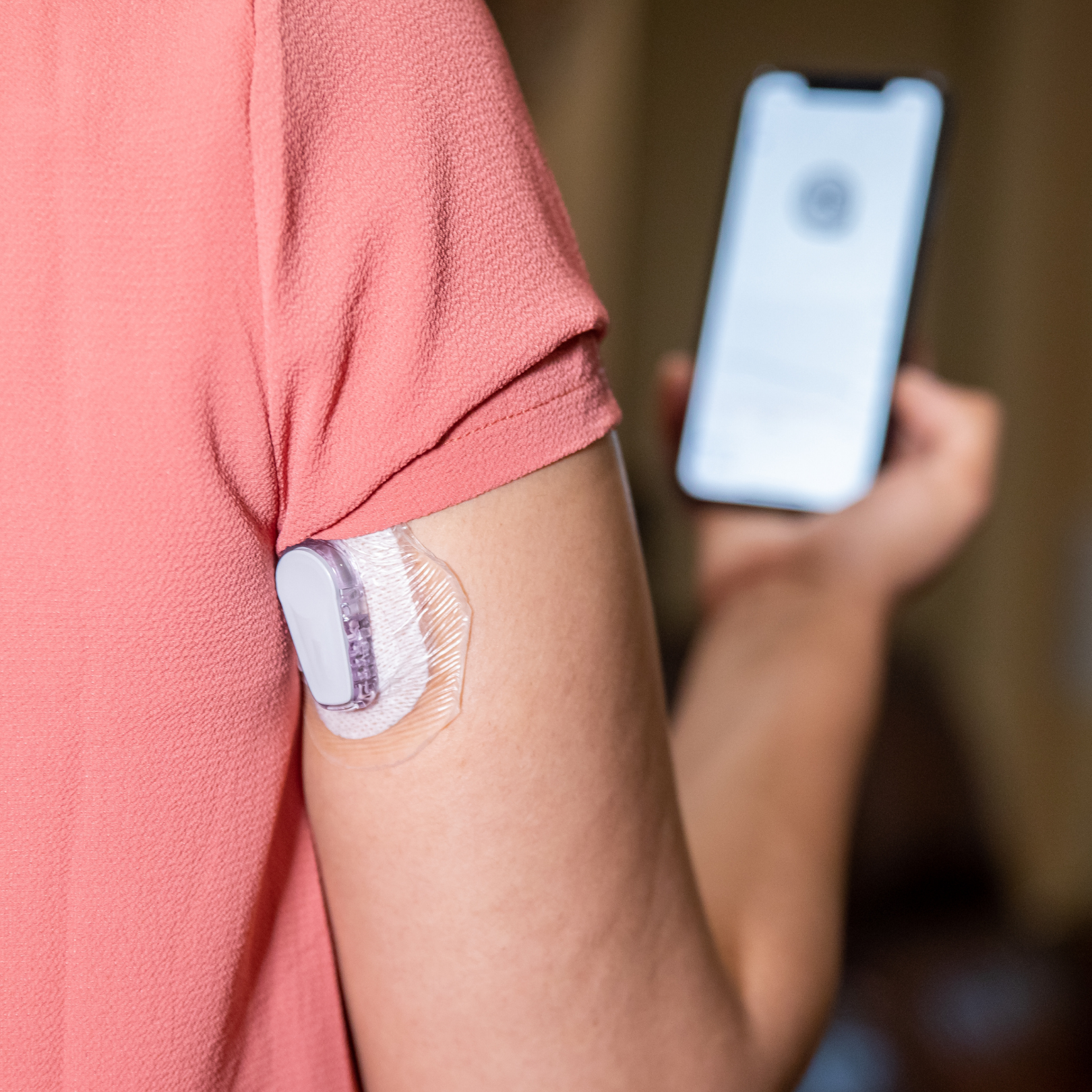News
Sleep and Diabetes: Wake up to why Sleep Matters
With busier-than-ever schedules, unending distractions and rising rates of sleep disorders, sleep is a hot topic for just about everyone these days.
However, if you’re living with diabetes or at risk of the condition, the quality and quantity of sleep you get each night play even more significant roles in your health and how you feel.
The American Academy of Sleep Medicine recommends that adults get seven hours of sleep each night. Children and teens need more. The CDC reports more than a quarter of Americans don’t meet this recommendation.
“Not getting enough sleep negatively affects every area of your diabetes management and puts those who have yet to be diagnosed at risk,” says endocrinologist Dr. Tira Chaicha-Brom.
“Getting less than seven hours sleep increases your body’s insulin resistance, causing you to feel hungrier the next day and making it more likely for you to reach for foods higher in sugar and carbs,” Dr. Chaicha-Brom says. “That’s why you see those who aren’t getting proper sleep have a harder time maintaining a healthy weight.”
In addition, poor sleep is associated with an increased risk of diabetic complications such as heart disease, stroke and kidney disease. Research shows too little sleep can raise blood pressure, seriously raising the risk of heart attack, and also confirms sleep deprivation affects immunity.
Start improving your sleep today by following these simple steps, as outlined by the CDC:
Do:
- Get some physical activity each day.
- Set up a comfortable, dark, quiet and cool environment in your bedroom. In fact, experts say 65 degrees is optimal for quality sleep.
- Set aside time to unwind and relax before bedtime. Establish a bedtime routine that might include reading, showering, or anything to start slowing down for the night.
- Go to bed and wake up around the same time of day, including the weekends, for the best quality sleep
Don’t:
- Drink caffeine or alcohol in the afternoon and evening. Skip the nicotine while you’re at it, as it acts like caffeine.
- Nap after 3 p.m., you might not feel tired by bedtime.
- Indulge in a big meal close to bedtime, as eating late can cause indigestion and cause blood sugar levels to spike overnight.
- Watch screens before bedtime, including TV, using the computer or your smartphone.
- Get into bed unless you’re tired.
For more information on our personalized approach to diabetes management, schedule a consultation with one of our board certified endocrinologists by requesting an appointment online or call (512) 458-8400.
Don’t forget to follow us on Facebook and Instagram and check back with us each month as we provide you with helpful health and wellness information.







